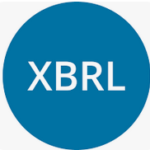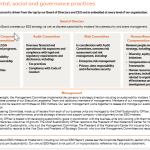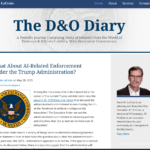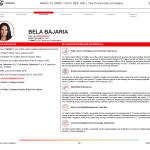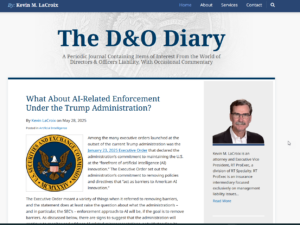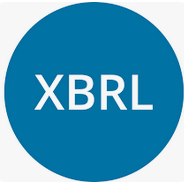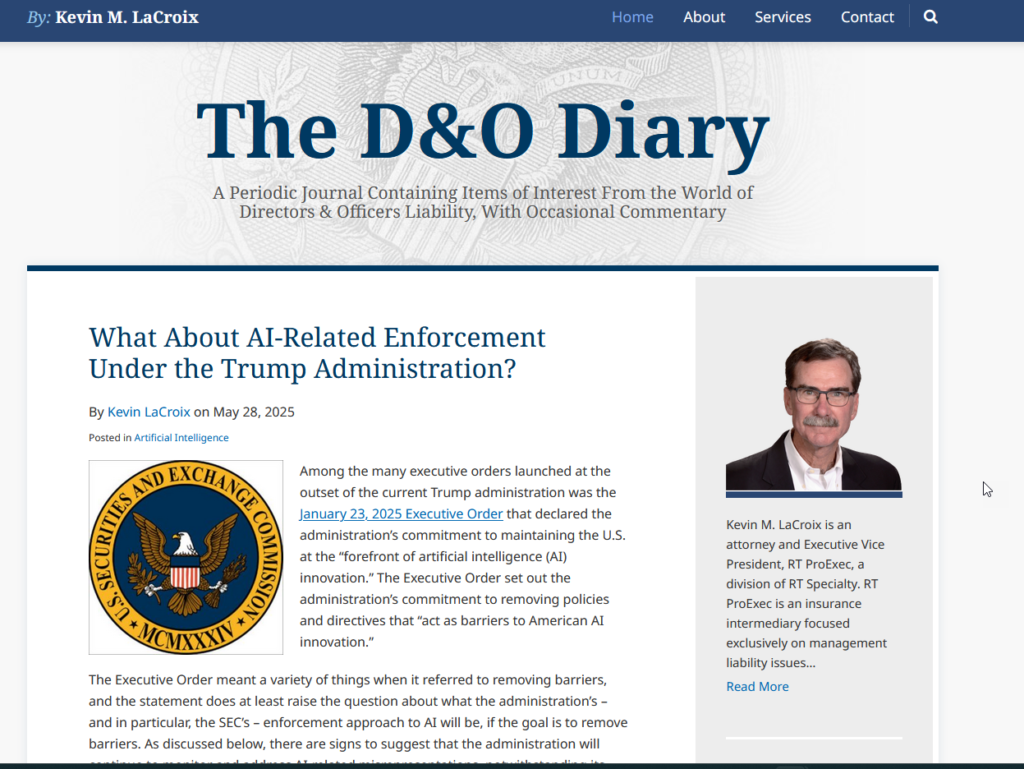In this blog, I try to stay positive – highlighting good examples of transparent disclosure and the like. But the recent assault – expressly termed “lawfare” – by China on transparency can’t go by without a mention. As noted in this Financial Times article, “China has accelerated the implementation of an integrated program, founded on Xi Jinping Thought, to weaponize law, with both territorial and extraterritorial effect.”
China has remodeled its laws that focused on unmasking spies to add vague, broad elements that seek to protect “other documents, data, materials, or items related to national security or interests.” The end result is that analysts and media outlets have been warned by Chinese regulators that they are not permitted to speak negatively. As the FT article notes: “Full and frank disclosure to investors and regulators around the world is, in effect, now illegal under Chinese law.”
New IPO regulations from the China Securities Regulatory Commission strictly implement New Overseas Listing Regulations banning negative information about China. And there are other examples of actions taken to limit what can be said about Chinese companies, such as the Hong Kong Stock Exchange repealing rules requiring certain risk disclosures.
Back in July, Corp Fin posted a new sample comment letter regarding the disclosure obligations of companies based in – or with a majority of their operations – in China given the SEC’s rules under the Holding Foreign Companies Accountable Act (HFCAA), that it is monitoring disclosures by certain China-based companies. The PCAOB has been pressuring Chinese-based auditors for years.
I’ll leave you with the bulk of the conclusion of the FT’s article: “Criminalization of due diligence, censorship of research, restrictions on free speech, intrusion into investment decision-making, and control of data mean PRC and US regulators are diametrically opposed. Hong Kong and mainland lawyers, bankers, and their fundraising clients can choose to observe PRC restrictions, or US rules. They can’t do both.
Chinese companies have gone dark. Investors cannot assess the financial condition of Chinese companies, or Western companies with Chinese operations, that adopt Chinese characteristics. Soon, the SEC will be forced — perhaps by Congress, if SEC leadership won’t act — to summarily delist Chinese entities.
The alternative could be continuation of the SEC’s de facto subordination to PRC regulators. PRC lawfare requires fealty from all companies with Chinese operations. The cost of non-compliance is high — in some cases it may be existential. Companies that fulfill their SEC mandate to disclose PRC risk factors could face harassment or the destruction of their in-country operations for failing to comply with the PRC’s suite of new laws.
Western corporate boards of directors face stark choices. Do they face up to the reality of Chinese rules, stop investing and write-off existing investments? Or do they roll the dice, double down and risk multimillion dollar fines and liability? Shareholder derivative lawyers: sharpen your knives.
If the CCP wages lawfare on Western companies, as now appears likely, the economic fallout will be massive. The SEC will either set and enforce high standards for transparency and disclosure, or bow to China’s strict requirements for opacity and government fiat.”



